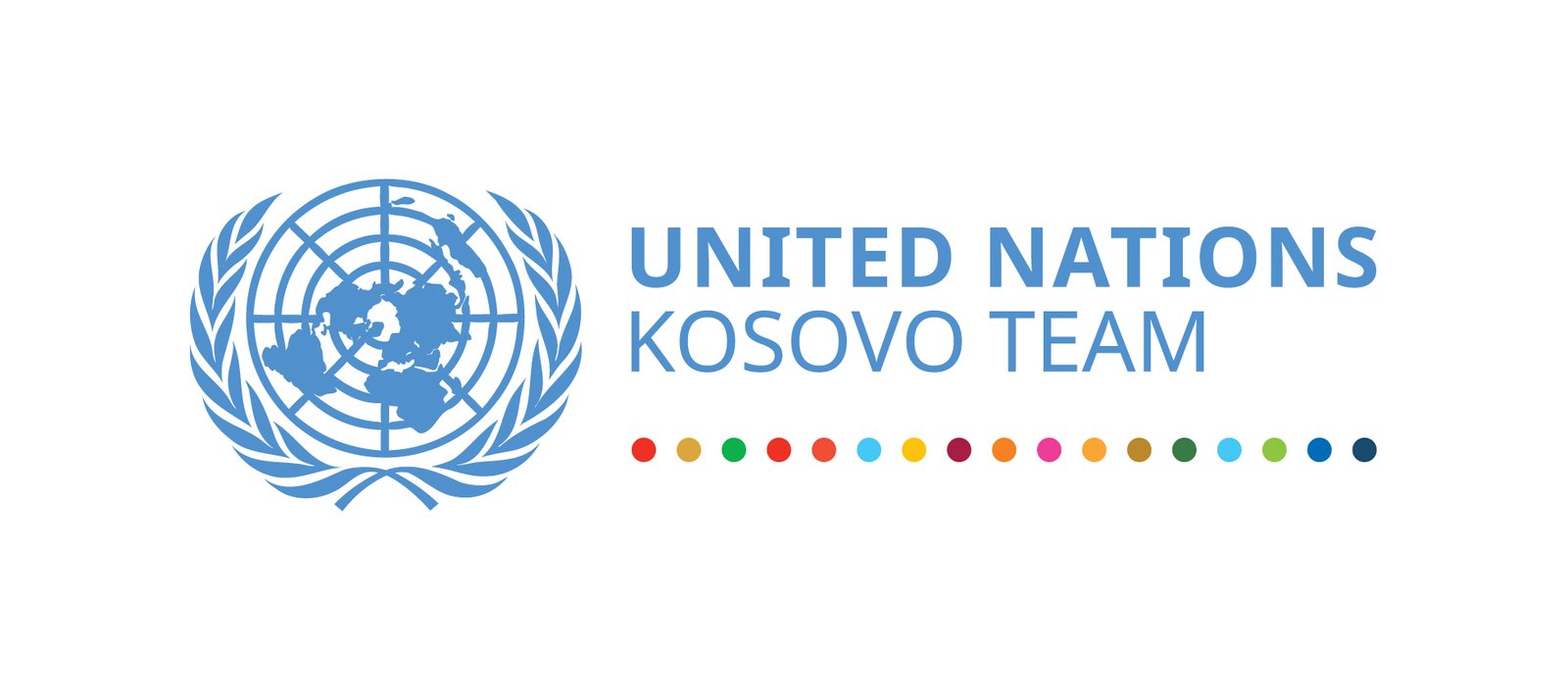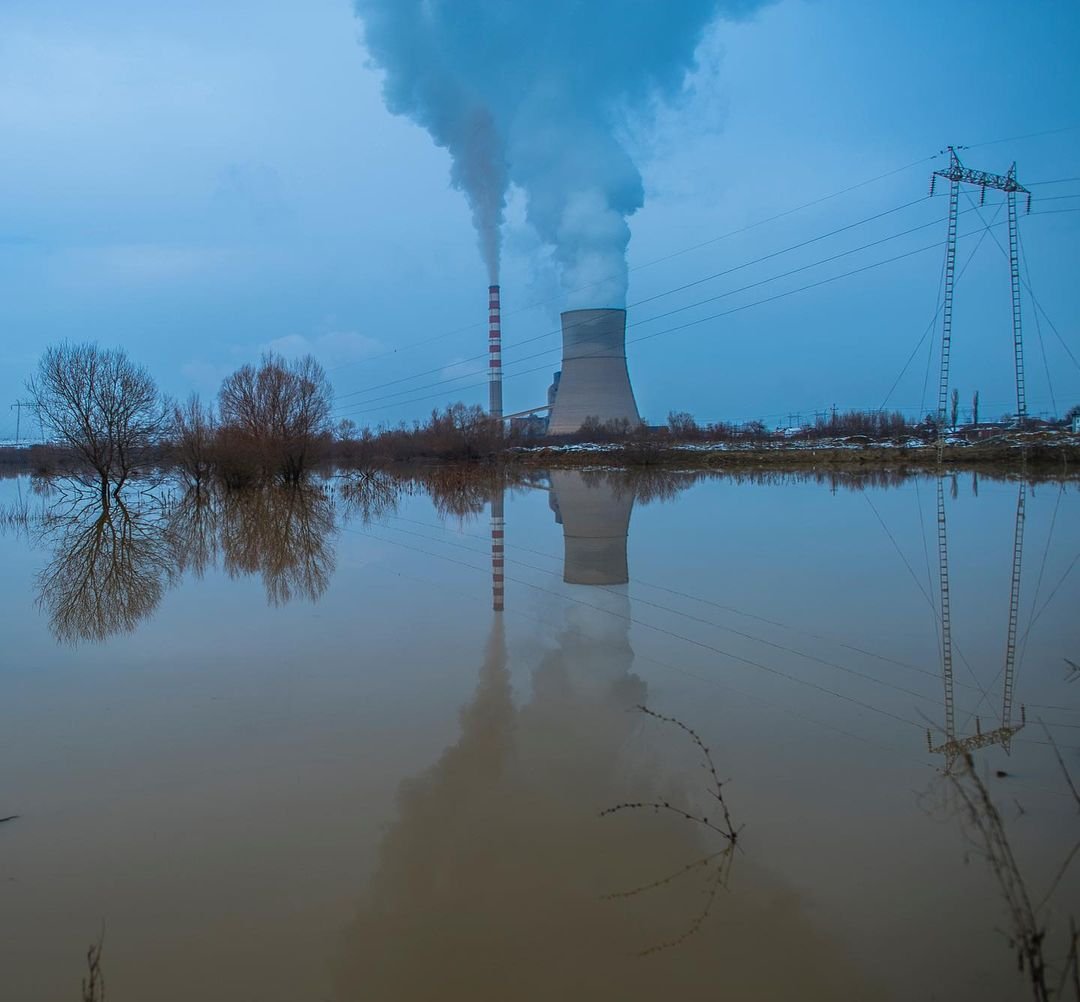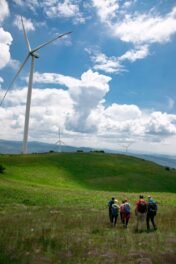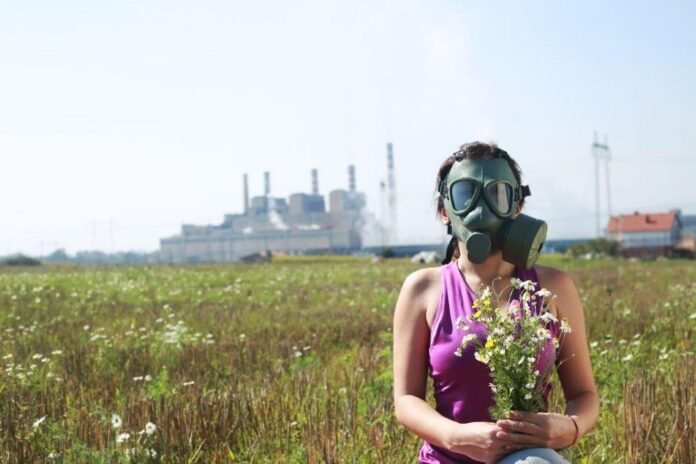PRISTINA, DECEMBER 3 – “Global warming? What global warming? We are freezing here!”: this simple joke uttered by a Kosovar student and reported by the Climate Ambassador of the World Bank Group’s Global Youth Climate Network Fjollë Caka, who heard it first-hand because she was lecturing at the university where it was pronounced, summarises the level of awareness and involvement that the Kosovar society had in the fight against climate change.

An issue that the UN Kosovo Team faced with great effort thanks to the launch of the Kosovo Climate Action campaign: “We started the Kosovo Climate Action campaign after realizing that there was no public discourse or social interest in climate change. Kosovo is a relatively small landlocked country, is not directly affected by sea levels rising, the melting of glaciers or deforestation, and therefore people are unable to experience first hand the impact of climate change. The problem from their point of view is remote”, explains Chiara Amato, Strategy and Coordination Officer of the United Nations Development Coordination Office in Pristina, who personally dealt with the information campaign on the impact of climate change.

Pristina entered the top 5 of the most polluted cities in the world in 2020, but the problem affects Kosovo on a larger scale because both the productive sector and the population’s energy consumption are dependent on coal-fired power plants. The impact of climate change may not be perceived at first sight, but the main effects on the population are the rise in average temperatures, which contributed to reduce the winter season, a source of income for many communities in rural mountain areas; or the increase in the number of summer wildfires, which has led to a reduction in agricultural production; or even the incessant rains and premature melting of ice that temporarily put out of use many infrastructures in the country.
However, since many Kosovars don’t consider this events a direct result of climate change, the campaign aimed to establish a dialogue within the media, involving the central government and local administrations, the private sector and the United Nations agencies on the ground. The UN Kosovo Team is, in fact, responsible for the coordination among 14 UN agencies working in Kosovo, and acts as an umbrella for all the UN sustainable development plans and strategies, which are then presented and analysed for the local government during the planning, assistance and implementation stages.
 The second step was to turn awareness into action, identifying the responsibilities that each individual or institution could commit to for the next two years. Kosovo Climate Action aims to show all national actors that many resources and commitments are real and involve all levels society, from central and local governance to individuals, from the private sector to NGOs and the media. The campaign has been supported by contributions from various experts, academics, bloggers and climate activists, including the aforementioned Fjollë Caka, who present their position by writing articles, participating to cultural events, discussion panels or projects in educational institutions. There has also been a strong presence within the major media, thanks to the participation to TV and radio programmes, in order to contribute to the creation of a discourse that could reach as many as possible. In particular, the campaign is sponsored by the Italian and British embassies in Kosovo, co-presidents of this year’s COP26.
The second step was to turn awareness into action, identifying the responsibilities that each individual or institution could commit to for the next two years. Kosovo Climate Action aims to show all national actors that many resources and commitments are real and involve all levels society, from central and local governance to individuals, from the private sector to NGOs and the media. The campaign has been supported by contributions from various experts, academics, bloggers and climate activists, including the aforementioned Fjollë Caka, who present their position by writing articles, participating to cultural events, discussion panels or projects in educational institutions. There has also been a strong presence within the major media, thanks to the participation to TV and radio programmes, in order to contribute to the creation of a discourse that could reach as many as possible. In particular, the campaign is sponsored by the Italian and British embassies in Kosovo, co-presidents of this year’s COP26.

The main challenge is that, since Kosovo is not part of the United Nations, it cannot officially participate as a Member State in programmes and conferences such as the most recent COP26 or the Food System Summit in September, nor be included in projects such as the Global Environment Fund. However, a great achievement for the campaign has been the participation of a member of the parliament of Kosovo in some debates and side-events during the COP, for the first time in the government of Kosovo’s history, “a participation that creates an important precedent for the future of the Kosovar government”, in the words of Strategy and Coordination Officer Amato. (@giorgiodelgallo)

